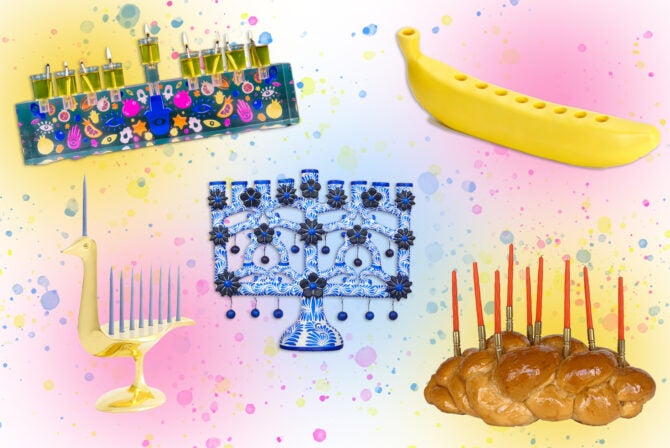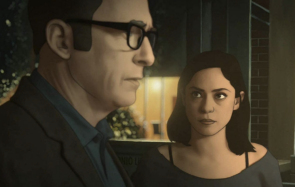“When I get married, will you and Daddy be dead?” my son asked me over Cheerios the other morning, not long after his 6th birthday.
“Well, Daddy and I are married, and his parents are still alive,” I said. I realized that I hadn’t exactly answered his question. And I hadn’t mentioned my parents.
“And your dad’s alive, but”—his faced screwed up in confusion, as if he suddenly understood that things were not as they should be—“how did your mom die?”
I took a deep breath. I’d been waiting for this question. My son knew that my mother had died, but he’d never asked how. I’d decided that when he did, I wouldn’t lie; I’d just tell him what happened.
READ: Talking to Kids About Death
“She was hiking with Parpy (our nickname for my father), and she fell from up high,” I said.
“Like…from a cliff?”
“Yes, exactly.”
“Wow, that must have hurt,” he said, his eyes wide.
I didn’t say that she probably died immediately, breaking her neck from the 100-foot fall.
“Parpy fell too, but he was OK,” I said. I didn’t say that my father fractured his skull and broke his leg from falling too, and that he would have died if someone hadn’t heard his cries and rescued him.
READ: Kveller Kids Say the Darnedest Things… About Death
“I’m glad he was OK, because he’s really fun…and funny. And I like to be in the boy cave with him,” he said, smiling, referring to the “man cave” in the basement of my father’s house, where the two of them like to watch sports on TV and eat pizza when we visit from out of town.
The conversation moved on to something else. But a few minutes later, he looked confused again.
“How did she fall?” he asked.
I explained that she slipped and lost her balance.
“Was it icy?”
No, it was in the summer, I told him.
“Was it raining?”
It had rained recently and the trail was slippery with mud, I told him.
READ: How My Kids Met Their Grandmother on Her Yahrzeit
Then he mentioned that in the movie “Despicable Me,” when Vector fell from up high he was OK because he had a parachute. He giggled, recalling his favorite scenes from the movie. And then he finished his cereal, brushed his teeth, and went to school.
He’s changing. I see it in the way he talks with his hands or rolls his eyes ever so slightly. Even his outbursts are more sophisticated—“You’re really frustrating me!” he yelled at me recently as he stormed out of the kitchen, red-faced.
The other day, he woke up and announced that he would no longer sleep with his stuffed mouse, the one he’s been sleeping with every night for the past five years, whose nose is worn through from when he used to bite it in especially anxious moments. “I’m too old to sleep with a stuffed animal,” he told me, soberly.
Parents often lament that their kids are growing up too fast, but I’ve mostly found myself looking forward to my son and 3-year-old daughter getting older. I’ve daydreamed about all the things we’ll do together, and all the fun conversations we’ll have about what they learned at school and who they’re best friends with and how the universe works. But I hadn’t really thought of the hard conversations—about how people don’t always get saved by parachutes, about how your life can be shattered in an instant. About how horrible things happen. Until that day in July when I learned my mother was dead, that was true only for other people. I was 22, technically an adult, but nothing truly bad had ever happened to me. I was a child.
READ: The Upside to My Daughter’s Growing Independence
Part of me wonders if, by telling my son some of the details of my mother’s death, I’ve taken a little piece of his childhood from him. But everyone has to learn about parachute failure at some point; maybe it’s better to start early and learn a little at a time, instead of all at once, as I did. I’m not sure.
But I do know this: My son woke up one day and thought, perhaps for the first time, to ask about my mother’s death. He was ready to hear the truth—maybe not the whole truth, but some of it. He was ready to grow up just a little bit.
Of course, my son still often behaves in ways that remind me he’s only 6. He laughs at jokes about underwear. He grabs toys out of his little sister’s hand. He sticks his tongue out at me.
At bedtime on the day he said he was giving up his mouse, I tucked it in next to him, hoping he would forget his earlier declaration. And sure enough, he snuggled in and slung his arm around it, as he does every night. I know he’ll give it up eventually, but I hope not too soon.







